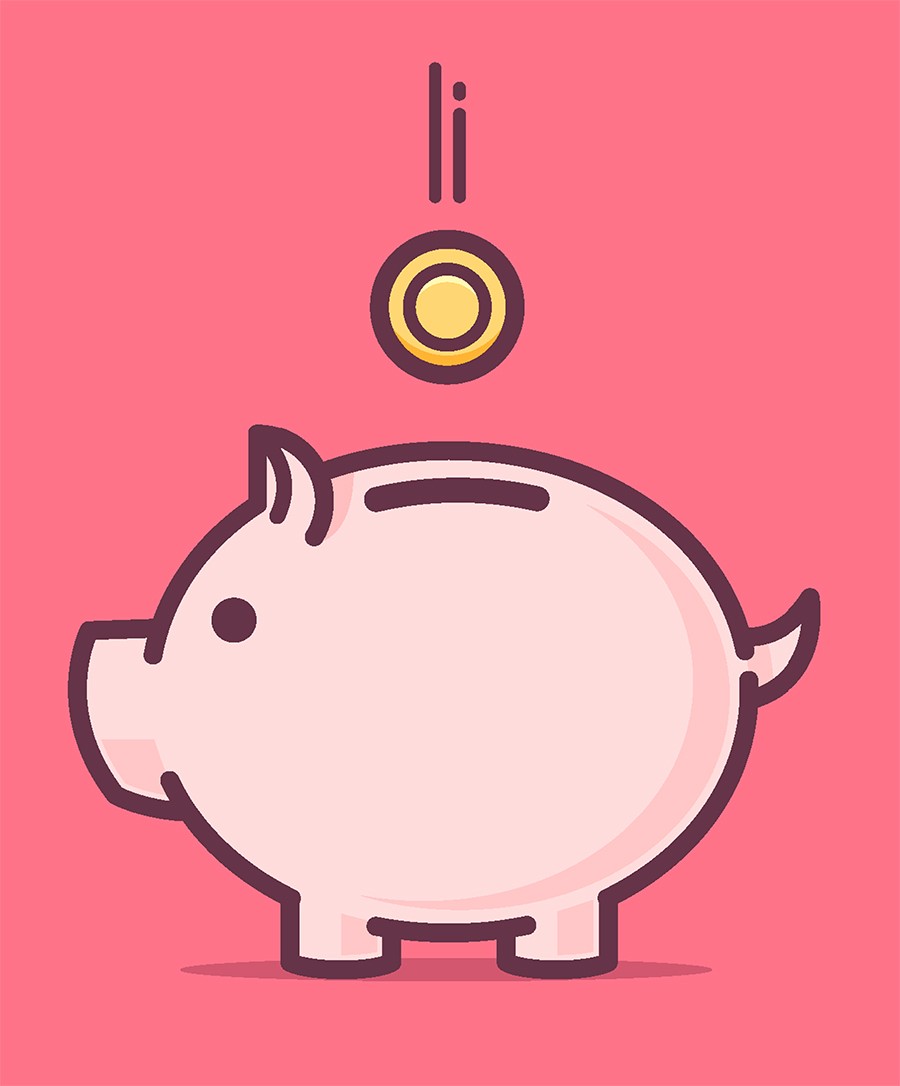
Our globalised economy has generated wealth and prosperity for millions of people around the world. Living standards have been raised to unprecedented levels. But this comes at a cost. The environment has suffered greatly, not only in terms of constant extraction of natural resources, but also at the hands of polluting processes and end-of-pipe waste.
Recognising that economies, and indeed our planet, have finite resources, the circular economy has become a popular concept among policymakers and stakeholders in recent years. The current linear ‘take, make, use, and throw away’ model of production entails substantial value losses and negative effects along the material chain. Because of this, we should ideally be designing and manufacturing products for continuous reuse and recycling, maximising resource efficiency, and minimising leakages and waste.
The appeal of the circular economy lies in its various environmental and economic benefits. Using secondhand materials and waste within business could cut costs, while their sale adds a potential revenue stream. The circular economy also offers new and vast business opportunities in areas such as product eco-design and product/material regeneration, all of which help create high-skilled jobs and investment in new technology.
The idea of the circular economy is particularly relevant to Malta, given its geographical circumstances, high import dependency, and lack of natural resources. Embracing the principles embodied within the circular economy concept would have an immediate positive impact on the environment while benefitting Malta’s long-term economic prospects.
However, we are still at the doorstep of circularity. Malta’s natural resource productivity fell by 7.6% between 2000 and 2015, with increased domestic material consumption outpacing economic growth. Waste management in key sectors like construction remains a major issue.
To encourage the shift from concept to the creation of circular economy business models, the University of Malta is part of the R2Pi Horizon 2020 project. Among other goals, it hopes to identify both market and policy failures that hinder the uptake of such models by business entities across Europe.





Comments are closed for this article!